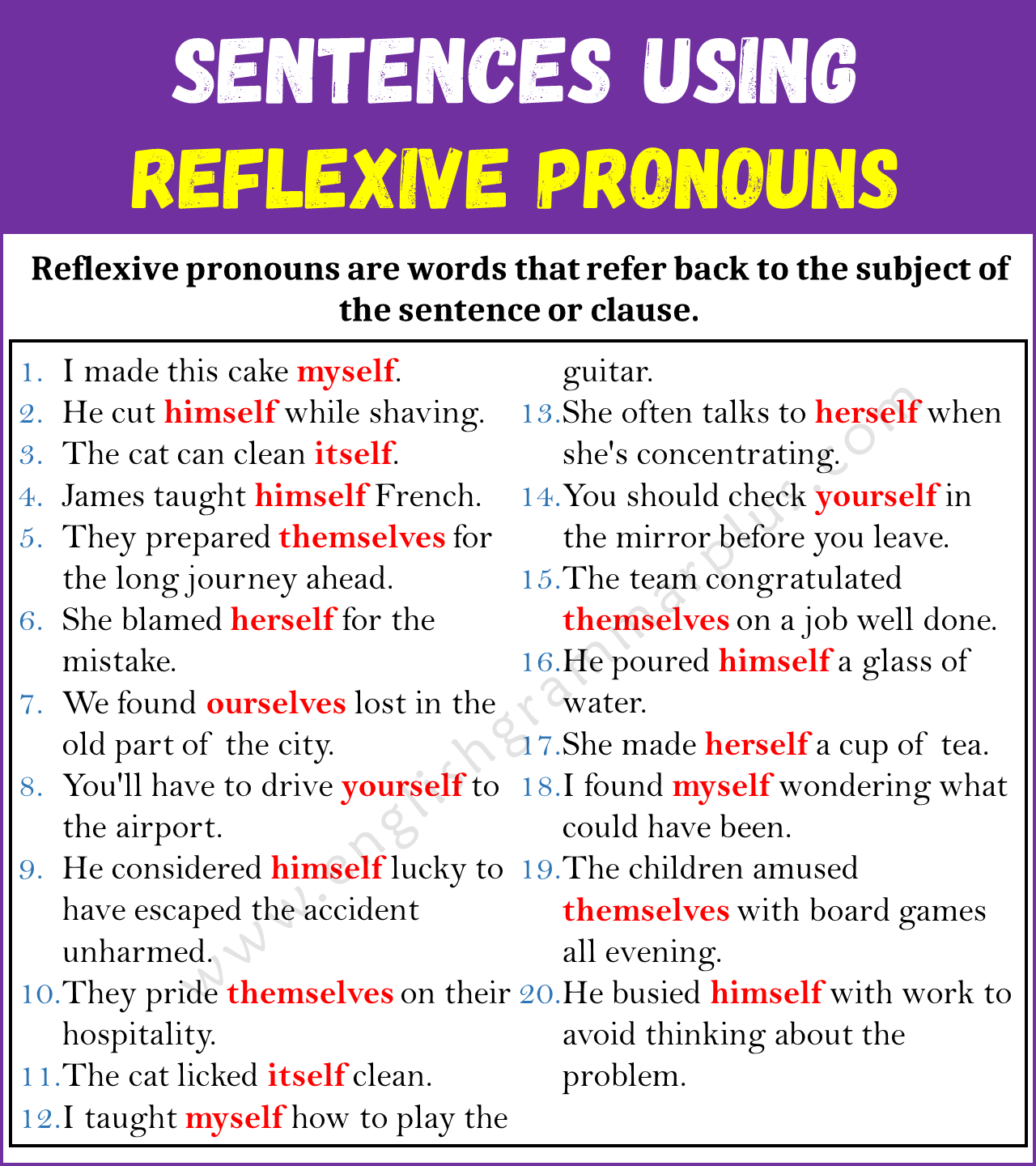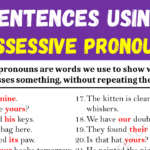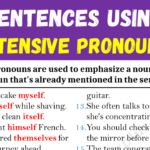Welcome to today’s useful lesson! If you’re on a journey to learn or improve your English, you’ve come to the right place. Today, we’re going to explore a special part of the English language that can make your sentences shine. This lesson is designed to be super simple, so everyone can grasp the concept easily. Let’s get started and add another tool to your English toolkit!
Definition of Reflexive Pronouns
Reflexive pronouns are words that refer back to the subject of the sentence or clause. They are used when the subject and the object of a sentence are the same person or thing.
These pronouns end with “-self” (for singular) or “-selves” (for plural).
For example, in the sentence “She taught herself to play the piano,” “herself” refers back to “She,” indicating that she was both the teacher and the learner.
Reflexive pronouns include myself, yourself, himself, herself, itself, ourselves, yourselves, and themselves. They are essential in sentences where the action performed by the subject reflects back upon the subject itself.
Examples of Reflexive Pronouns in Sentences
- I made this cake myself.
- You should be proud of yourself.
- He cut himself while shaving.
- She looked at herself in the mirror.
- The cat can clean itself.
- We completed the project ourselves.
- You guys will have to organize the event yourselves.
- They painted the house themselves.
- James taught himself French.
- Emma bought herself a new dress.
- The baby saw itself in the mirror and smiled.
- You should treat yourself to a nice dinner.
- The dog entertained itself with a ball.
- They prepared themselves for the long journey ahead.
- I accidentally cut myself while cooking.
- She blamed herself for the mistake.
- We found ourselves lost in the old part of the city.
- You’ll have to drive yourself to the airport.
- He considered himself lucky to have escaped the accident unharmed.
- They pride themselves on their hospitality.
- The cat licked itself clean.
- I taught myself how to play the guitar.
- She often talks to herself when she’s concentrating.
- You should check yourself in the mirror before you leave.
- The team congratulated themselves on a job well done.
- He poured himself a glass of water.
- She made herself a cup of tea.
- I found myself wondering what could have been.
- The children amused themselves with board games all evening.
- He busied himself with work to avoid thinking about the problem.



